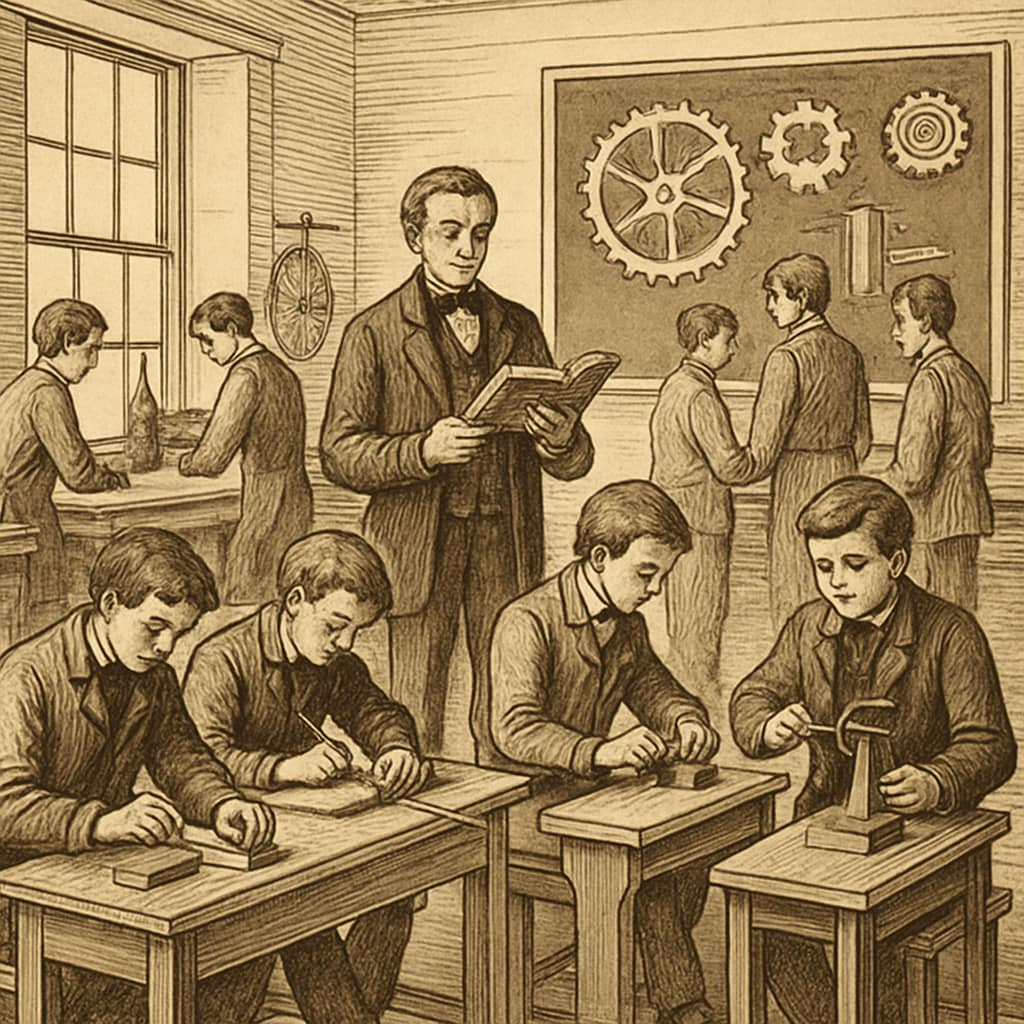The decline of classical education has been a subject of much debate, spanning discussions on historical shifts, industrialization, and the rise of standardized testing. Once the cornerstone of intellectual and moral development, classical education emphasized the study of languages, literature, philosophy, and the liberal arts. However, its place in modern K12 education has since diminished under the pressures of a rapidly changing world. This article examines the historical evolution of classical education, the factors contributing to its decline, and the lessons it holds for designing future-oriented educational systems.
Understanding the Historical Transition of Classical Education
Classical education, rooted in ancient Greece and Rome, was designed to cultivate well-rounded individuals capable of critical thought and civic participation. Its framework revolved around the trivium (grammar, logic, and rhetoric) and the quadrivium (arithmetic, geometry, music, and astronomy). During the Renaissance and Enlightenment, these principles were revived, shaping the education of scholars, leaders, and thinkers.
However, the Industrial Revolution marked a turning point. As societies shifted from agrarian economies to industrialized systems, education was restructured to meet the demands of the labor market. The emphasis on practical skills and vocational training overshadowed the classical ideals of intellectual cultivation. Furthermore, the rise of pragmatism in the late 19th and early 20th centuries redefined education as a tool for solving immediate, real-world problems rather than fostering timeless wisdom.

The Role of Standardized Testing in Marginalizing Classical Education
The development of standardized testing further marginalized classical education. As governments and institutions sought measurable outcomes, education became increasingly focused on quantifiable metrics like test scores and grades. This shift prioritized rote learning and technical proficiency over the nuanced study of classical texts and the cultivation of critical thinking.
For example, the introduction of assessments such as the SAT and IQ tests in the early 20th century reinforced the value of efficiency and uniformity in education. While these tools provided benchmarks, they often failed to capture the depth of understanding and analytical skills fostered by classical education. As a result, subjects like philosophy, rhetoric, and the arts were often sidelined in favor of STEM (Science, Technology, Engineering, and Mathematics) fields.

Reintegrating Classical Education Principles into Modern K12 Systems
Despite its decline, the essence of classical education remains relevant in addressing the challenges of contemporary education. In an era marked by misinformation, polarization, and rapid technological advancement, the skills nurtured by classical education—critical thinking, ethical reasoning, and effective communication—are more vital than ever.
To integrate these principles into modern K12 systems, educators and policymakers can consider the following approaches:
- Interdisciplinary Learning: Encouraging connections between subjects, such as combining history with literature or science with ethics, to foster a more holistic understanding of knowledge.
- Socratic Dialogue: Incorporating discussion-based learning methods to promote critical thinking and active engagement with ideas.
- Humanities Revival: Allocating resources to revitalize the study of philosophy, rhetoric, and the arts within school curricula.
Moreover, educators can draw inspiration from classical education’s emphasis on the moral and ethical development of students. By blending these ideals with modern pedagogical methods, schools can cultivate not only skilled professionals but also thoughtful, empathetic individuals capable of contributing to a more just and informed society.
Conclusion: While classical education has been relegated to the margins, its core principles offer valuable insights for reimagining K12 education. By balancing the demands of a practical, results-driven system with the timeless ideals of wisdom and humanistic values, we can prepare future generations to navigate the complexities of the modern world with intelligence and integrity.
Classical education on Wikipedia and Education on Britannica provide further insights into this topic.
Readability guidance: This article uses short paragraphs, clear transitions, and accessible language. Lists and examples are included to enhance understanding, while the passive voice and long sentences are minimized for better readability.


